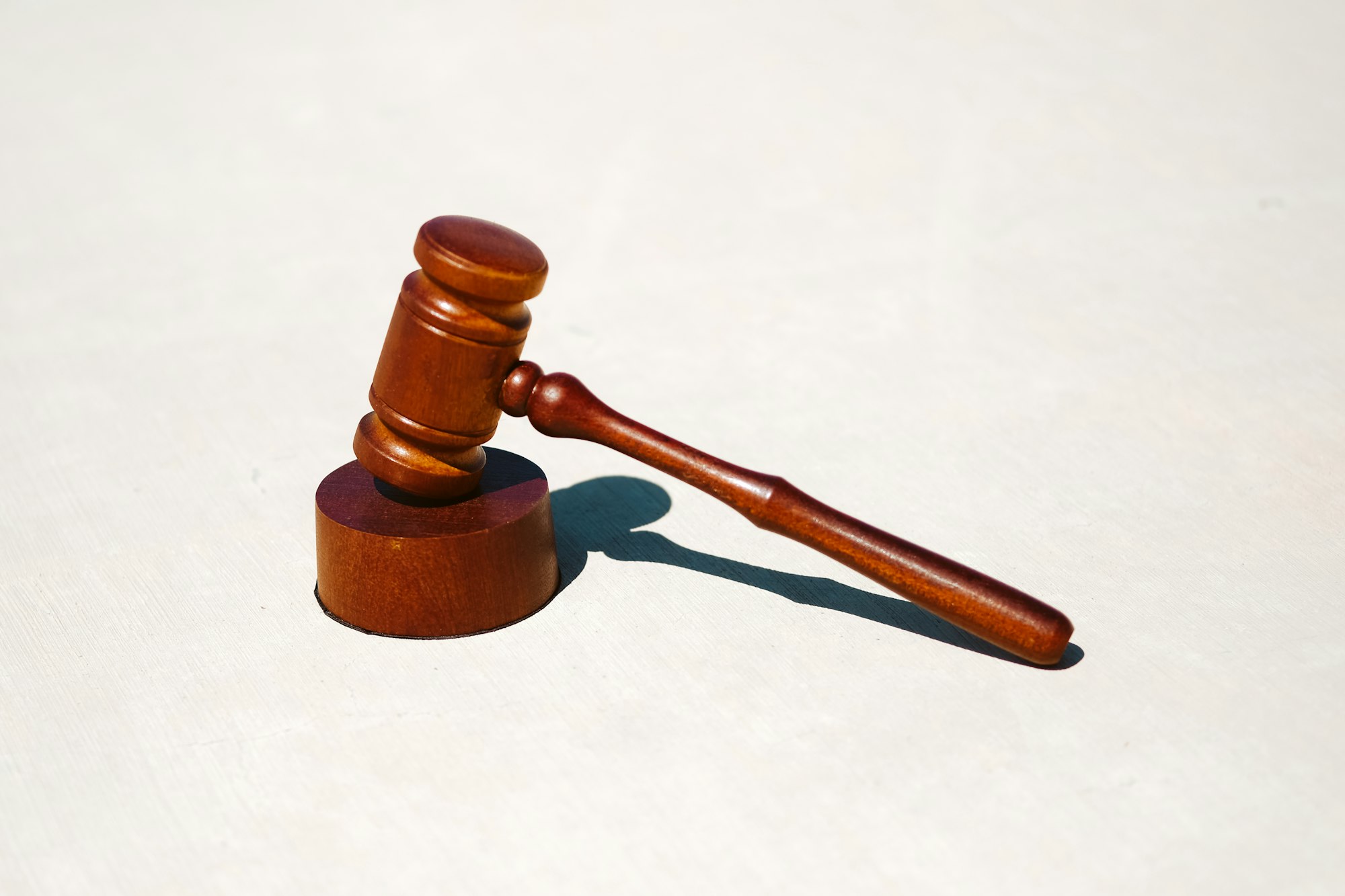On Monday, the Fifth Circuit Court of Appeals issued an injunction blocking the Department of Education (ED) from implementing its recently finalized Borrower Defense to Repayment (BDR) regulation. The rule, which made it easier for ED to cancel the loans of borrowers allegedly defrauded by their colleges, is part of a series of executive actions designed to cancel more federal student loans. The Fifth Circuit’s order is a sign that the courts may be taking a more skeptical view of the executive branch’s power to cancel loans without explicit congressional authorization.
While the Supreme Court struck down the Biden administration’s signature loan cancellation initiative in June, the administration has quietly pursued cancellation through several other avenues. Among those was the revised BDR rule, which took effect last month. Though Congress did pass a law empowering ED to write a BDR rule, critics argue the scale of the rule that the administration actually wrote goes well beyond congressional intent.
The BDR statute directs the Secretary of Education to “specify in regulations which acts or omissions of an institution of higher education a borrower may assert as a defense to repayment of a loan.” Generally, this means that if a school defrauds its students, those students have the right to seek cancellation of their federal student loans. But what constitutes fraud is open to interpretation, as is the process and standard of evidence required for a BDR claim to be successful.
The Biden BDR rule replaced an earlier BDR regulation finalized during the Trump administration, making several changes that should generally increase loan cancellation and the cost to taxpayers:
- The Biden rule broadens the grounds for a BDR claim from deception to “misrepresenation” (whether intentional or unintentional), omissions of fact, and “aggressive or deceptive recruitment.”
- While the Trump rule required individual borrowers to file BDR claims, the new rule empowers the ED secretary, state governments, or third-party advocacy organizations to initiate claims for groups of borrowers, sometimes without the borrowers’ knowledge.
- The Biden rule creates a two-stage process for adjudicating BDR claims; ED will first determine whether loan cancellation is warranted, and then whether forgiven amounts may be recouped from the institution. Loans originated prior to 2023 and cancelled under the new BDR standards are not subject to recoupment.
These new policies would allow far more borrowers to have their loans discharged, especially given that third parties may now initiate mass BDR claims for thousands of borrowers. Attorney Jonathan Helwink warns of a “new normal” in which institutions may “face significant adverse findings, negative publicity and substantial liabilities.”
While some of the cancelled loans could be recouped from the institution, the separation of the cancellation and recoupment processes mean that taxpayers will eat most of the losses. ED itself projects that it will recover less than 15 percent of the cancelled loan volume from institutions.
The Fifth Circuit did not detail the reasoning for its injunction—the case will be heard this November, after which the court will reach a final decision—but the plaintiffs in the BDR case alleged that the administration’s rulemaking violated the major questions doctrine, which holds that executive branch agencies must have clear congressional authorization for policymaking of economic or political significance. Supreme Court Chief Justice John Roberts invoked the doctrine in his opinion striking down the Biden administration's scheme to cancel over $400 billion in student loans.
While it is unclear whether the Fifth Circuit will employ the same reasoning in the BDR case, the injunction does not bode well for the Biden administration’s plans to enact its loan cancellation agenda through regulation and executive action. Other planks of this agenda, such as the expansion of income-driven repayment plans, rely on similarly vague statutory authority that the administration has arguably stretched beyond its limits. The courts may continue to rule against the administration's various loan-cancellation initiatives on these grounds.
The solution is for Congress to reassert its authority over student loan policy. There are indeed limited cases in which students defrauded by their institutions deserve loan discharges, but provisions to help those students should be enacted alongside larger reforms to hold institutions accountable for poor outcomes and bad behavior, which will protect both students and taxpayers in the long run. Fortunately, if the courts continue to rule against the Biden administration, it may have no choice but to work with Congress on comprehensive student loan reform.


